The prospect of an IRS audit frightens many taxpayers. However, understanding the reasons why audits occur can help individuals navigate tax compliance more effectively.
By familiarizing oneself with these potential red flags, taxpayers can take proactive steps to minimize the risk of an audit.
Failing to report all income
A common reason the IRS may decide to audit a taxpayer is the failure to report all income. Whether the income comes from employment, freelance work, investments or other sources, reporting all earnings is necessary for tax compliance. Any discrepancies or omissions in income reporting can raise suspicion. In doing so, it can trigger an audit by the IRS.
Claiming excessive deductions or credits
Another trigger for IRS audits is claiming excessive deductions or tax credits. While taxpayers can claim legitimate deductions and credits to reduce their tax liability, overstating expenses or improperly claiming credits can raise red flags. The IRS scrutinizes deductions and credits that appear disproportionate to the taxpayer’s income or circumstances. They do so because these deductions and credits may indicate potential tax evasion or fraud.
Showing large fluctuations in income
Significant fluctuations in income from year to year can also catch the attention of the IRS. Abrupt changes in income levels, especially without a clear explanation, may appear suspicious. Thus, they may warrant further investigation. Taxpayers experiencing substantial fluctuations in income may need to provide documentation and explanations to support their reported earnings and expenses.
While the prospect of an audit may seem scary, Kiplinger notes that less than 1% of taxpayers wind up having the IRS audit them. Proactive tax planning and meticulous record-keeping are important practices for maintaining tax compliance and reducing the likelihood of a tax audit.

